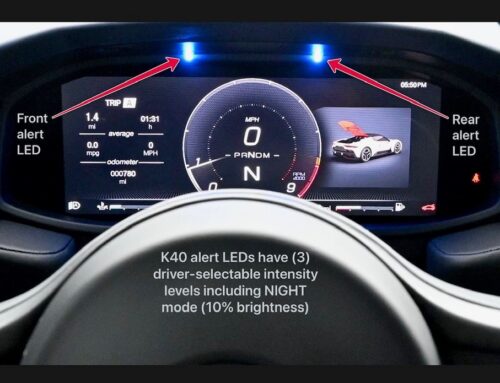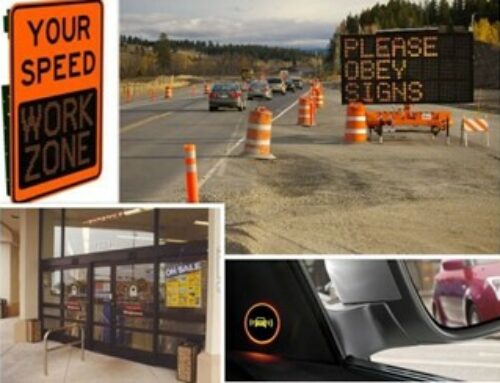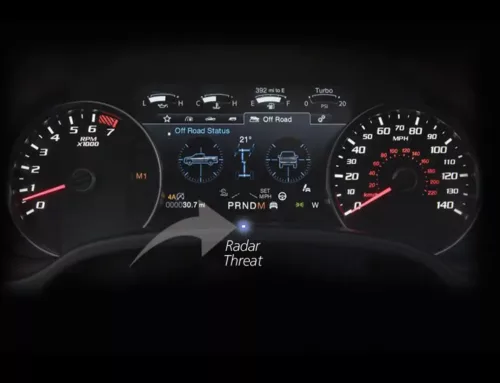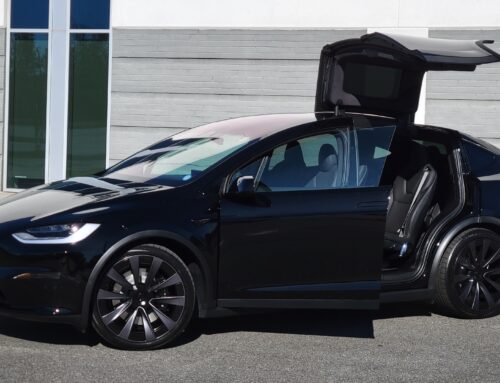Right to Know or Right to Privacy?
June 10, 2016
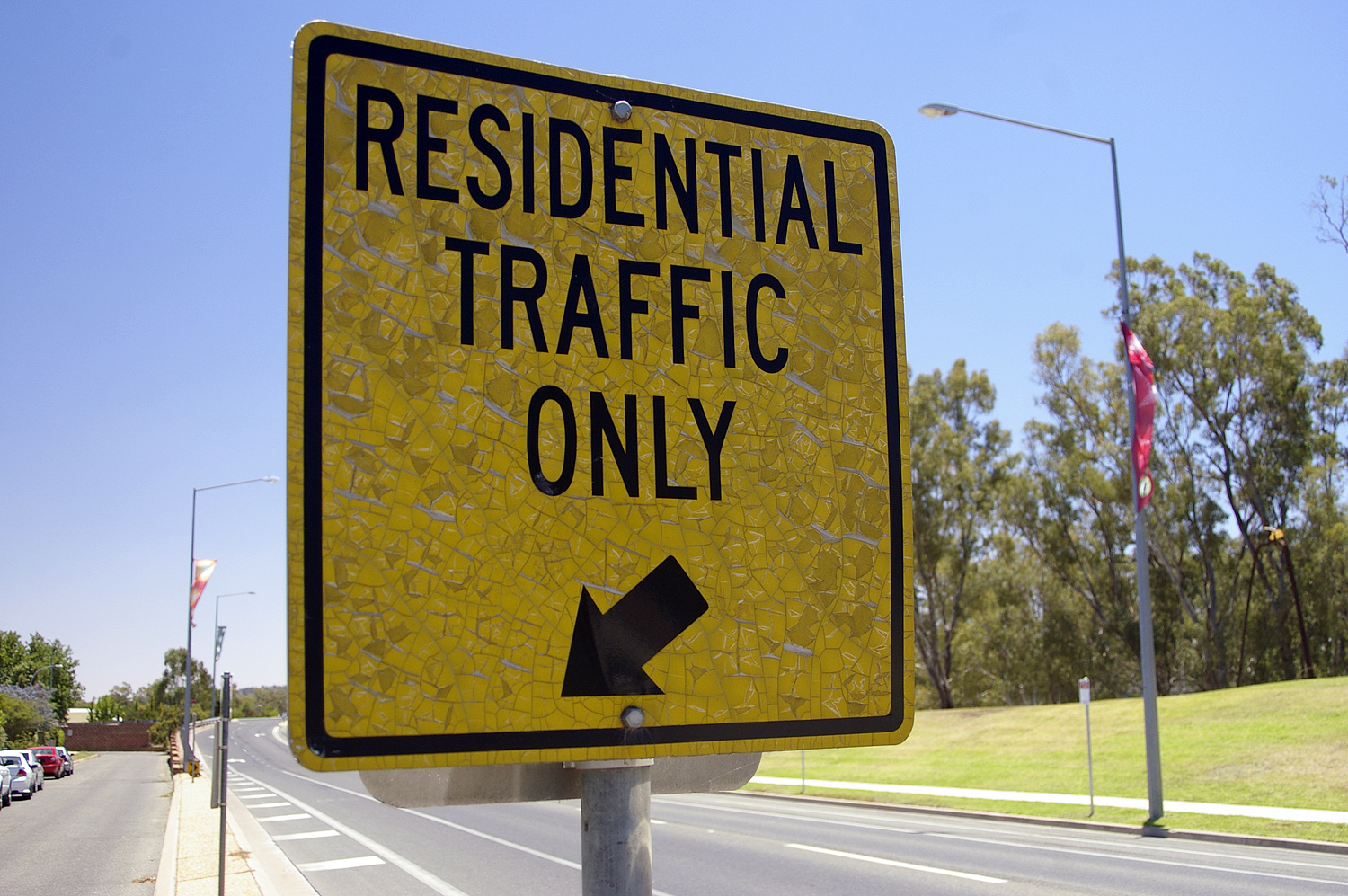
Shortcuts that were locally grown secrets are now being discovered thanks to crowdsourcing traffic apps like Waze, which relies on its users to post updates on road conditions, accidents, speed traps, and traffic jams. While some drivers find Waze useful, homeowners are beginning to blame the service for a significant neighborhood traffic increase. If you’re a regular reader of the K40 Blog, you have read that our team has differing opinions on these apps’ pros and cons.
Waze was founded with the goal of “saving you 5-10 minutes on your commute every day.” A natural by-product of that goal is traffic avoidance…which will redirect some vehicles from busy streets to residential roadways. It has also helped drivers avoid speed traps on road trips.
“With it, I’ve found a route that saves me ten to fifteen minutes on my evening commute,” says Devin*, a K40 employee whose daily work commute is approximately 30 miles. For many drivers like Devin, the time and money (via better gas mileage) saved by taking these alternate routes makes using Waze a no-brainer.
However, in terms of avoiding obstacles, the app does have its limitations, as a program that depends on user updates will always be susceptible to human error. Although Jessica* finds Waze useful for long road trips, she recognizes that its data may not always be accurate. “When you’re relying on other drivers’ information, they may have tagged an accident that was minor, and you really didn’t need to bypass that.”
A majority of criticism has come from those who live along detours suggested by the app. Because it is operated on smartphones, drivers could become distracted if they check the app while driving. This could lead to accidents, which raises safety concerns for neighborhood residents with young children or pets.
Personally, I empathize with these concerns. Front yards can quickly become dangerous places for children to play if the roads are suddenly flooded with inattentive drivers avoiding busy roads. It can be infuriating for homeowners to deal with abnormally large amounts of traffic. Many people in my neighborhood spend time in their front yards; if a couple hundred more cars drove past every day, their presence would definitely be felt thanks to a reroute.
People that have been negatively affected by Waze are beginning to take measures against the service. Timothy Connor, a homeowner in Maryland whose residential neighborhood has become inundated with drivers avoiding busy highways, spoke out against the Washington Post app. Wanting to do something about the sudden rush of drivers on his street, he signed up for the app and began posting false information to deter drivers from the area, acting as a ‘Waze Imposter.’ However, the app quickly caught on to Connor’s scheme and suspended his account within a few weeks.
Although Connor’s solution was short-lived, it may be part of a growing trend of frustrated neighborhood residents taking action against the app. Josh*, who lives in a quiet residential neighborhood and opposes Waze’s reroutes, would use “any resource possible and spend any amount of time possible to fight that [traffic increase].”
One possible solution for neighborhoods is to request their town place driving restrictions on certain roads during heavy traffic times. 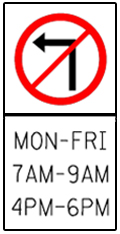 This action could be helpful, especially at peak commuting hours. However, because police could ticket drivers who disobey these ordinances, alert systems like Waze and radar detectors would become even more important to drivers looking to avoid travel delays.
This action could be helpful, especially at peak commuting hours. However, because police could ticket drivers who disobey these ordinances, alert systems like Waze and radar detectors would become even more important to drivers looking to avoid travel delays.
Some tech-savvy drivers seeking protection from speeding tickets choose to forego radar detectors for Waze, but can these apps really replace radar detectors? Justin Hughes, a reviewer for car blog Right Foot Down, solely relied on crowdsourcing services until he tried a K40 RLS2 Radar Detector. “Once my filters were set up correctly, I found the RLS2 to be more accurate than relying on Waze,” he wrote. Hughes discovered that the real-time alerts from his K40 radar detector gave him a greater feeling of protection than Waze.
If used conscientiously – reporting major road conditions immediately and evaluating the effect of reporting minor annoyances could cause others – Waze could enhance users’ driving experience and be embraced by even the most vocal opponent. Ultimately, Waze can be a useful enhancement to your driving experience. Still, as Justin Hughes learned, an app is no substitute for a high-performance radar detector like that offered by K40 Electronics.
*all employee names have been changed in this post for the sake of privacy.

